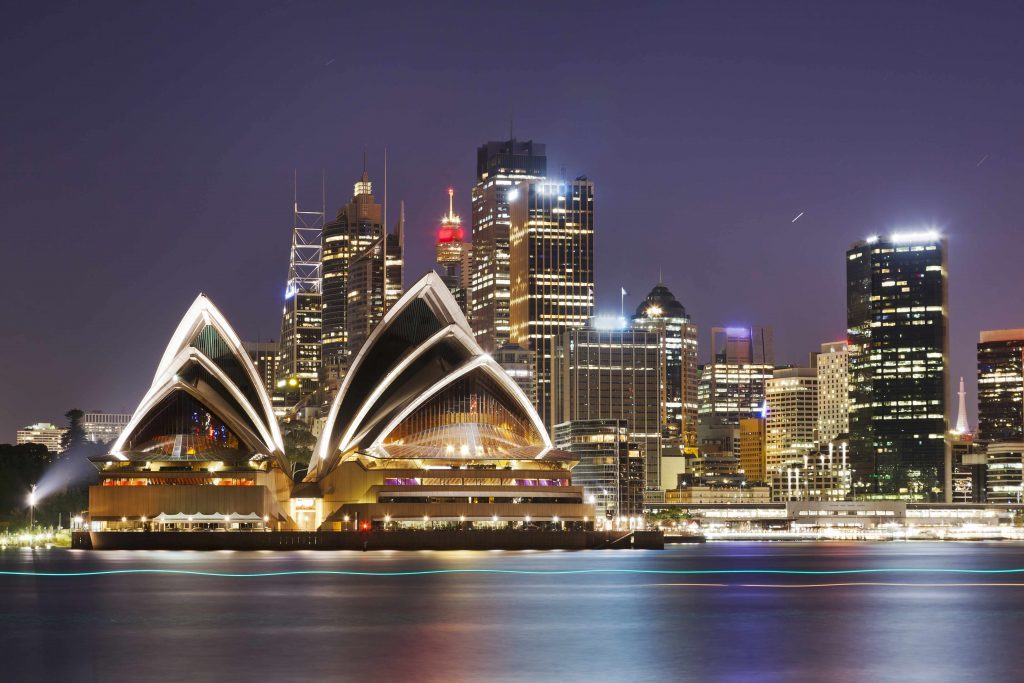
Robert Conville shares his experience of a dental core training post in Australia.
More and more dentists are considering working abroad. While working overseas can be a daunting prospect for many, it can be a life-changing experience. It can be a great way to meet new people, travel, learn new skills and develop as a clinician.
I played with the idea of moving abroad as soon as I graduated from dental school. Following on from an unforgettable dental elective during my fourth year at dental school to the Solomon Islands in the Pacific and Australia, I knew working abroad for a longer period was something I had to experience. After completing a year as a dental core trainee oral and maxillofacial surgery (OMFS) and oral surgery, I decided this was the time to make the move.
Why Australia?
Australia is one of the most common destinations of choice for many UK dental graduates. As a UK graduate you can work in any of the eight states and territories. Each state and city varies widely and it is important to do your research before deciding on a location. There are number of reasons why I chose Brisbane as the location. These include: the weather, the outdoor lifestyle and sporting opportunities.
Brisbane is on the east coast of Australia. It is only an hour way from some world famous beaches and an hour’s flight from Sydney. The city itself has everything you need – a surplus of nice restaurants, bars and cafes and it even has its own man-made beach by the Brisbane River. It is also the gateway to the Pacific Islands.
I work between two practices. One is in the Brisbane CBD (city centre) and one more rural about 40 minutes south of Brisbane. This gives me the opportunity to have two patient bases and enables me to treat people from different socio-economic areas.
Working as a dentist in Australia has been very different to my experience of dentistry in the UK. They do not use amalgam in Australia so they place a lot of composites. Many of the practices are digitally equipped and have modern equipment. I have been fortunate as a result of working here to be trained in using Cerec and Trios to provide CAD/CAM indirect restorations for my patients. My practices also have SLR and intraoral cameras, which I find extremely useful documenting cases, discussing treatment plans and explaining options to patients. They also have Diagnocams, which is an aid to find cracks in teeth or detecting caries.
The dental system in Australia is majority private. It does take time getting used to the coding system which they use to charge patients for treatments delivered. Many patients are part of a health fund which may cover them or pay for some of the treatment prescribed. I have been able to choose how long I need for my appointments, allowing me to work in a relaxed environment.
When applying
The process of applying can be rather complicated and takes time.
If you have a friend or colleague who has worked abroad or is there currently, it is definitely worth getting in touch with them. You can look to work for a private practice or a major corporate similar to in the UK. It can be very competitive, especially working in and around the major cities, so leave yourself plenty of time to get everything organised.
I have loved the experience and would recommend it to anyone who is thinking about moving abroad.
The following list includes some of the essentials which you will need to arrange prior to working in Australia:
- Visa – this can vary between a working holiday visa or a sponsored work visa. The sponsored visa usually lasts for up to four years and you are sponsored by a company or practice. Whereas the working holiday visa limits you to working for one year in Australia
- Medical assessment – this is needed for your registration with the dental board and includes a full assessment and chest X-ray. These are carried out at specific locations in the UK with a panel physician
- International criminal check – this is an online form similar to the disclosure and barring check
- Australian Health Practitioner Regulation Agency (AHPRA) registration – for this you need certified copies of all of your important documents from a notary public
- State radiation licence – you can normally arrange this when you arrive in Australia
- Indemnity – this is essential if you wish to work anywhere in the world.


